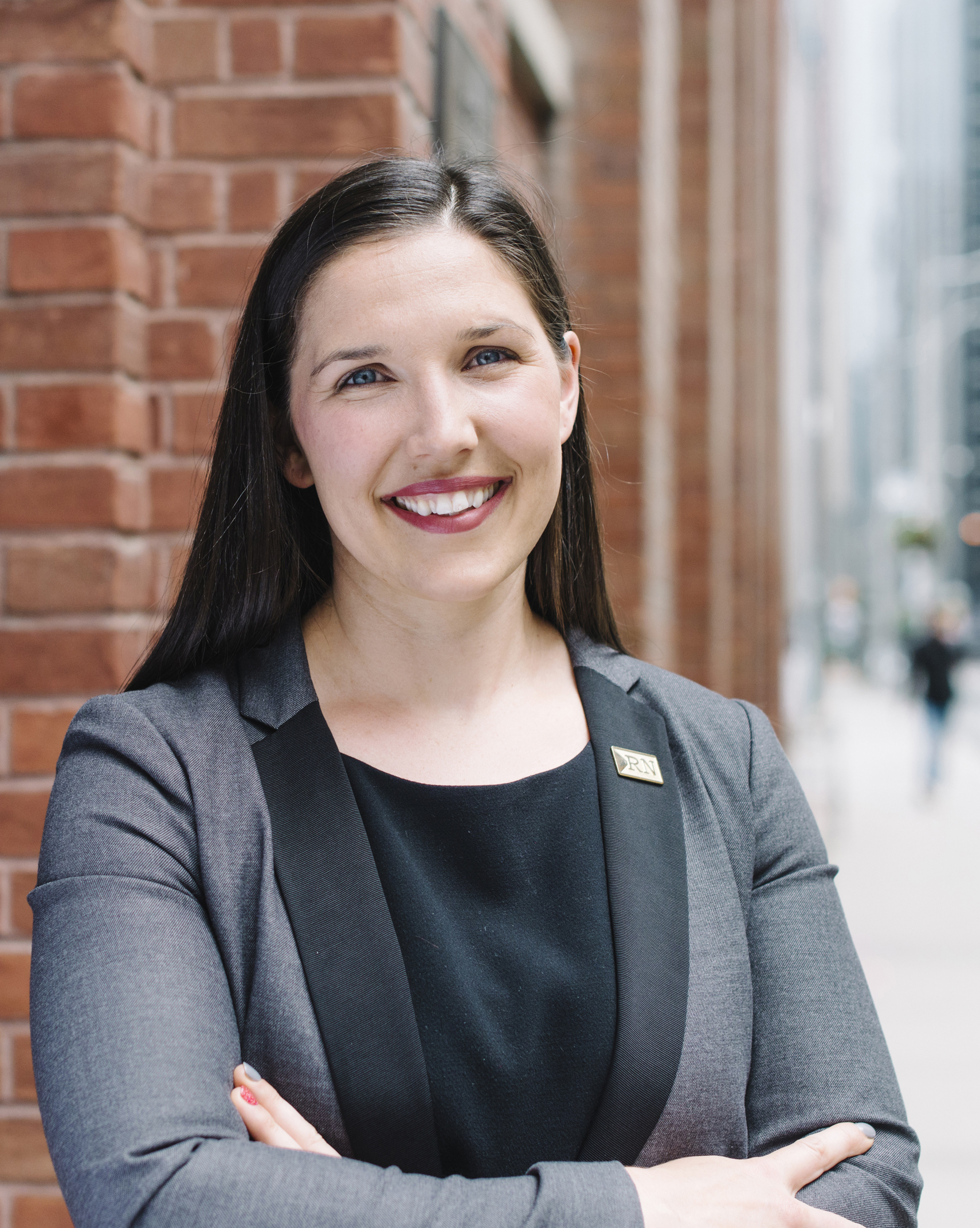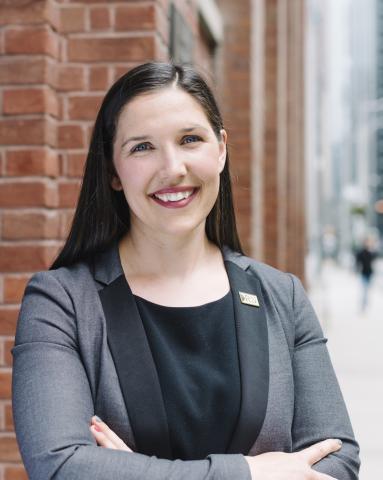I’m currently sitting on my couch, writing this column with my son Greyson next to me, and a children’s movie on the TV in the background. I want to share a bit about my life, as a mom, a nurse and a director of care. I like to say my life is full, rather than busy, although both words accurately describe my days during the COVID-19 pandemic.
For some background, I am the very proud mom of a delightful, inquisitive and energetic eight-year-old boy. Both my husband and I work full-time. He is an educational assistant and I am director of care at a long-term care (LTC) home. LTC was a role change for me during the pandemic and I just celebrated my one-year anniversary in this amazing sector. The change has brought with it a lot of learning and many additional hours dedicated to keeping staff and residents safe, healthy and engaged. Admittedly, it can be difficult to manage all of the things that need to get done every day.
I know many of you are juggling competing demands. Whether you are a working parent or someone who is managing multiple jobs or other commitments, such as volunteer work, we are all stretched pretty thin these days. Layer on the pandemic and the pressure can become more than is easily handled at the quick pace it’s expected to be handled. I don’t have it all figured out, and sometimes I feel more than overwhelmed, but I thought I would share some of the strategies that help to keep me organized and able to meet the many competing demands at home and at work.
Know your priorities
Clearly articulating the most important things that need to get done helps me stay on track at work and allows me to lead my team to provide the best possible care to our residents. At home, setting priorities helps me to make sure I am focusing on what is important. When I worked in mental health, I had a co-worker who always said: “If you have to eat three frogs, make sure you eat the biggest one first.” She would give us this reminder when work (or life) got a bit overwhelming and it seemed like we would never be able to get caught up with all that needed to be done. This saying has stuck with me and has helped me to do the work that I may not want to do, but that I know needs to get done.
Communicate well
Communication is such an important skill at work and at home. By openly communicating what you are doing and why you are doing it, you are helping others to know what to expect and putting them at ease. It also helps to build and maintain positive relationships. Communicating is more than just talking through issues or challenges, it is about taking an active interest in what others are saying, actively listening to them, and making sure you understand what they are telling you.
Limit your activities
At home, we have a “rule” that we can only have one organized activity per season for our son. This allows him to have structure and routine, but doesn’t over-schedule his time outside of school. This past summer, he chose soccer. And for the winter, he has his mind set on skiing. In my experience at work, when we try to take on too many projects at once, we end up feeling overwhelmed. The likelihood is high that none of them are carried out as well as they might have been with more focus on fewer projects. By focusing on less, it helps us to do the best possible job.
Take care of yourself
Even though this is my final tip, I would say it is the most important. Everyone has heard the saying, “you can’t pour from an empty cup.” Self-care looks different for everyone and it is important to know what fills your cup. For me, taking care of myself means dedicating time for daily physical activity, making healthy food choices, drinking plenty of water, and taking the time to do the things I love, like getting outside for a walk to enjoy nature or spending time with my family and friends. I would encourage all of you to reflect on what renews your spirit, what keeps you healthy and helps you to continue to show up as your best self.
We are not out of the COVID-19 pandemic yet. It continues to tax our energies and is a stressor for everyone, especially health-care workers. Now, more than ever, it is so important to take care of your own physical, mental and spiritual health.


